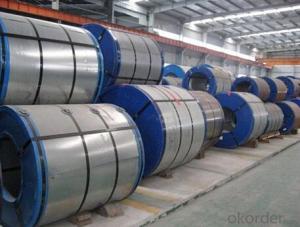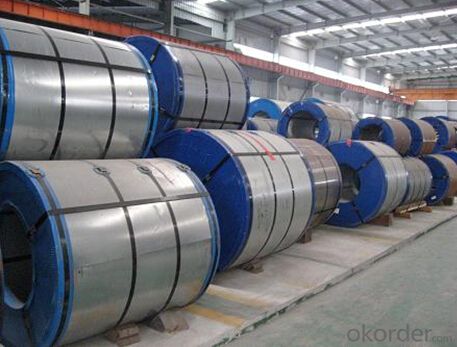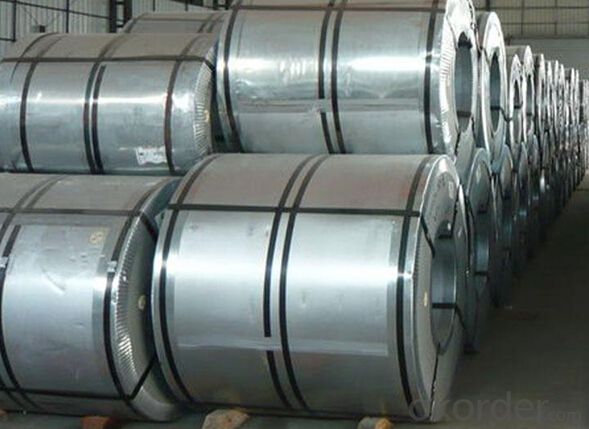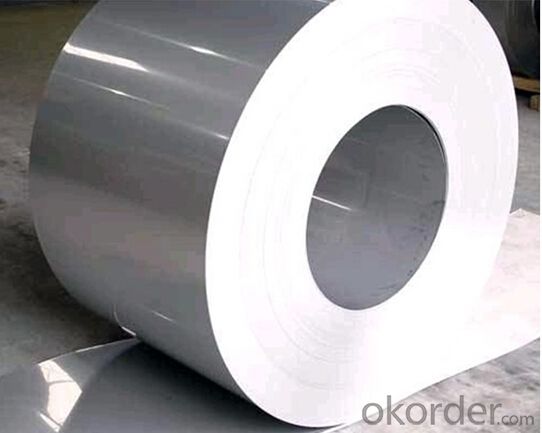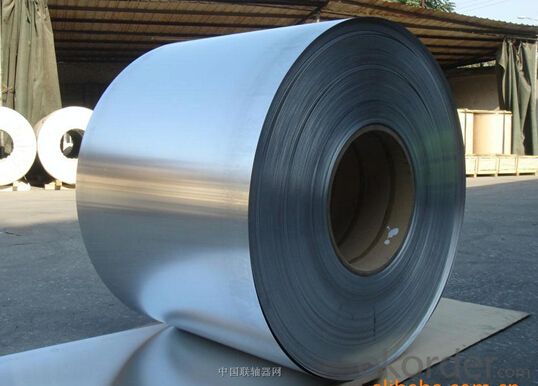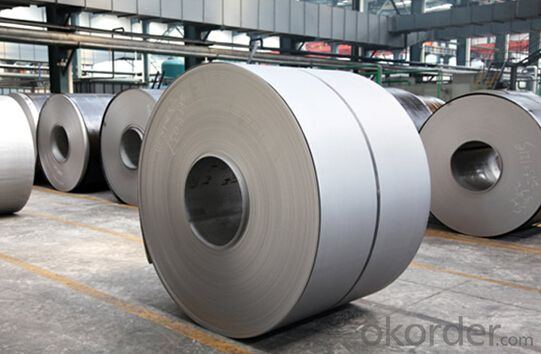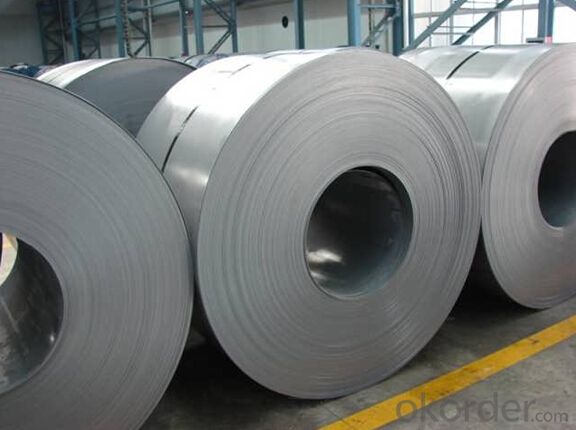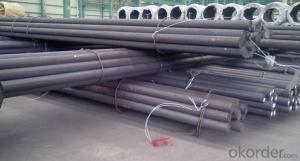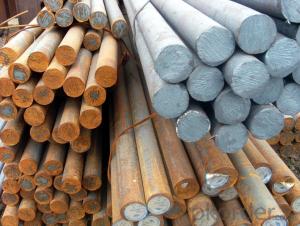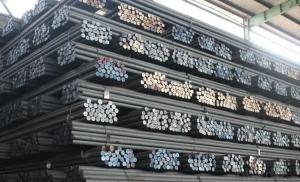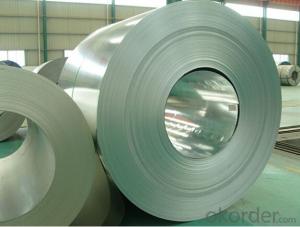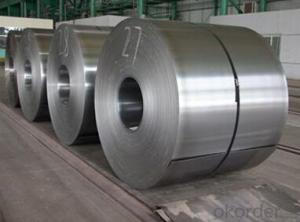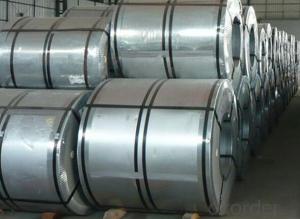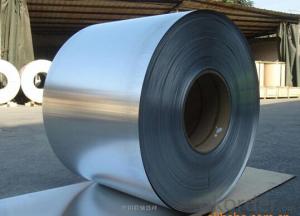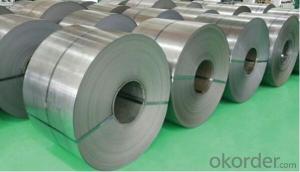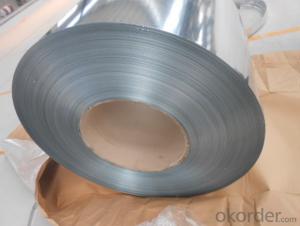Grade JIS G3322-CGLCC Galvanized Steel Coil
- Loading Port:
- Tianjin
- Payment Terms:
- TT OR LC
- Min Order Qty:
- 3 m.t.
- Supply Capability:
- 10000 m.t./month
OKorder Service Pledge
OKorder Financial Service
You Might Also Like
Specification
Grade JIS G3322-CGLCC Galvanized Steel Coil
Specification of JIS G3322-CGLCC Galvanized Steel Coil
1. Galvanized Steel Coil
(1) Width: 600-1570mm
(2) Thickness: 0.13-5.0mm
(3) Grade: JIS G3302-SGCC-SGC570, SGCH (full hard-G550), SGHC-SGH540
EN10346-DX51D+Z, DX53D+Z, S250GD-S550GD
ASTM A653-CS-B, SS255-SS550
(4) Zinc Coating: Z40g/m2~Z500g/m2 (both side total coating thickness)
2. Galvalume Steel Coil
(1) Width: 600~1500mm
(2) Thickness: 0.15~2.30mm
(3) Grade: JIS G3321-SGLCC, SGLC400-570, (G550)
EN10346-DX51D+AZ, DX53D+AZ, S250-S550
ASTM A792M CS-B, SS255-SS550
(4) AZ Coating: AZ50~AZ185g/m2
3. Prepainted Galvanized Steel Coil (PPGI)
(1) Width: 600~1250mm
(2) Thickness: 0.19~1.50mm
(3) Grade: JIS G3312-CGCC, CGC340-570, (G550)
ASTM A755M CS-B, SS255-SS550
(4) Zinc Coating: Z40g/m2~Z500g/m2 (both side total coating thickness)
4. Prepainted Galvanized Steel Coil (PPGL)
(1) Width: 600~1250mm
(2) Thickness: 0.20~1.50mm
(3) Grade: JIS G3322-CGLCC, CGLC340-570, (G550)
ASTM A755M CS-B, SS255-SS550
(4) AZ Coating: AZ50~AZ185g/m2 (both side total coating thickness)
5. Cold Rolled Steel Coil (Soft) (for further information, pls click the product name)
(1) Width: 600~1570mm
(2) Thickness: 0.13~2.50mm
(3) Grade: JIS G3141-SPCC-SD, SPCD-SD, SPEC-SD
JIS G3135-SPFC 340/390/440
EN10130-DC01, DC03, DC04
SAE1006, SAE1008
ASTM A424-TypeⅡ
6. Cold Rolled Steel Coil (Full Hard) (for further information, pls click the product name)
(1) Width: 600~1570mm
(2) Thickness: 0.13~2.50mm
(3) Grade: JIS G3141-SPCC-1B, SPCC-1D
7. Hot Rolled Steel Coil
(1) Width: 1000~1524mm
(2) Thickness: 1.20~16.5mm, other thickness can be negotiation
(3) Grade: JIS G3101-SS400, JIS G3132-SPHT1/2/3, ASTM A36, Q195, Q235 etc.
Company Introduction of the Grade JIS G3322-CGLCC Galvanized Steel Coil
CNBM International Corporation is the most import and export platform of CNBM group(China National Building Material Group Corporation) ,which is a state-owned enterprise, ranked in 270th of Fortune Global 500 in 2015.
With its advantages, CNBM International are mainly concentrate on Cement, Glass, Iron and Steel, Ceramics industries and devotes herself for supplying high quality series of refractories as well as technical consultancies and logistics solution.
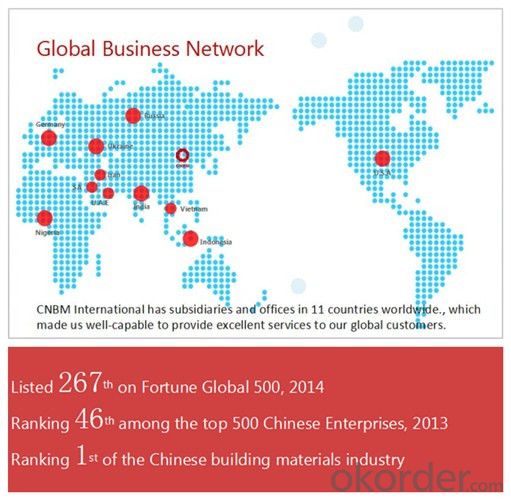
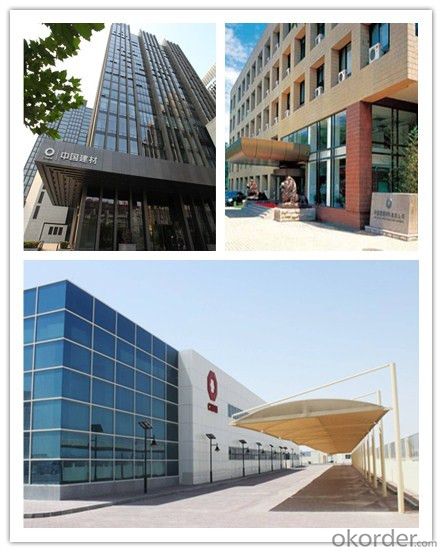
Packaging & Delivery of the Grade JIS G3322-CGLCC Galvanized Steel Coil
Packaging Detail | Sea worthy packing /as per customer's packing instruction |
Delivery Detail | 15 ~ 40 days after receiving the deposit |
Products Show:
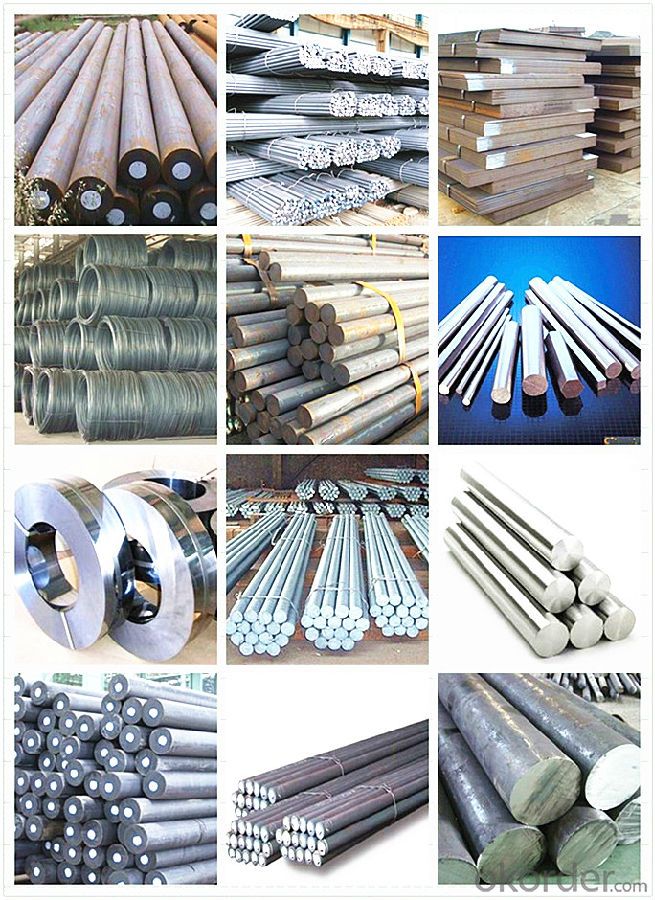
FAQ:
Are you a trading company or manufacturer? | Manufacturer |
What’s the MOQ? | 3 metric ton |
What’s your delivery time? | 15-35 days after downpayment received |
Do you Accept OEM service? | Yes |
what’s your delivery terms? | FOB/CFR/CIF |
What's the Payment Terms? | 30% as deposit,70% before shipment by T/T |
Western Union acceptable for small amount. | |
L/C acceptable for large amount. | |
Scrow ,Paybal,Alipay are also ok | |
Why choose us? | Chose happens because of quality, then price, We can give you both. Additionally, we can also offer professional products inquiry, products knowledge train (for agents), smooth goods delivery, excellent customer solution proposals. |
What's your available port of Shipment? | Main Port, China |
What’s your featured services? | Our service formula: good quality+ good price+ good service=customer's trust
|
Where are your Market? | Covering more than 160 countries in the world |
- Q: What are the main applications of special steel in the pharmaceutical industry?
- Special steel is widely used in the pharmaceutical industry for various applications. One of the main applications is in the manufacturing of high-quality equipment such as tanks, vessels, and pipes that are required for the storage and transportation of pharmaceutical products. Special steel is preferred due to its corrosion resistance, durability, and ability to maintain product purity. Additionally, special steel is utilized in the production of precision tools and instruments used in pharmaceutical research, development, and quality control processes. Moreover, special steel is essential in the construction of cleanrooms and controlled environments, ensuring the hygienic and sterile conditions required in pharmaceutical manufacturing.
- Q: What are the key alloying elements used in special steel?
- The specific application and desired properties determine the key alloying elements used in special steel. Some commonly used alloying elements in special steel are chromium, nickel, molybdenum, vanadium, tungsten, and cobalt. To enhance the steel's hardness, wear resistance, and corrosion resistance, chromium is often added. Nickel, on the other hand, increases the steel's strength, toughness, and corrosion resistance. Molybdenum is commonly used to improve the steel's high-temperature strength, resistance to creep, and resistance to corrosion by certain chemicals. Vanadium is added to increase the steel's strength, toughness, and wear resistance, especially at high temperatures. Tungsten is another element used to enhance the steel's high-temperature strength and wear resistance. Cobalt, on the other hand, is often added to improve the steel's strength and toughness, particularly at elevated temperatures. These alloying elements are carefully chosen and added in specific proportions to achieve the desired properties for various applications, including aerospace, automotive, energy, and tooling industries. By incorporating these alloying elements, special steel can be customized to meet specific performance requirements, making it suitable for a wide range of demanding applications.
- Q: What are the requirements for special steel used in construction equipment manufacturing?
- The requirements for manufacturing construction equipment using special steel are strict and specific. Below are some important requirements: 1. Strong: Special steel used in construction equipment manufacturing must have high tensile and yield strength to withstand heavy loads and stresses. This ensures the durability and longevity of the equipment. 2. Toughness: The steel should have excellent toughness to resist fractures and deformations caused by impacts or dynamic loading. This is crucial for construction equipment operating in challenging environments. 3. Resistance to wear: Construction equipment is exposed to abrasive forces such as digging, scraping, and crushing. Therefore, the special steel should have high wear resistance to prevent premature wear and failure. 4. Protection against corrosion: Construction equipment often operates in harsh environments like construction sites, mines, and marine applications. The steel should have good corrosion resistance to prevent rusting and corrosion, which can weaken the equipment's structure. 5. Weldability: Construction equipment manufacturing involves various fabrication processes, including welding. The special steel should be easily weldable to ensure proper joining and structural integrity without compromising strength. 6. Heat resistance: In certain construction applications, equipment may be exposed to high temperatures or thermal cycling. Special steel should have good heat resistance to maintain its mechanical properties and structural stability under these conditions. 7. Ability to be shaped: Construction equipment often has complex shapes and structures. The steel should be easily formable to allow for easy shaping and fabrication of the desired components without compromising its mechanical properties. 8. Cost-effective: While meeting the above requirements, special steel used in construction equipment manufacturing should also be economically feasible. This means balancing the desired properties with the cost of production and procurement. By meeting these requirements, the special steel used in construction equipment manufacturing can withstand demanding conditions, provide long-term durability, and ensure the safety and efficiency of the equipment. Additionally, compliance with industry standards and regulations is crucial to guarantee the quality and reliability of the steel used in construction equipment manufacturing.
- Q: How does stainless steel contribute to the construction industry?
- Stainless steel contributes to the construction industry by providing durability, corrosion resistance, and aesthetic appeal. It is widely used in structural applications, such as building facades, bridges, and roofing, as it can withstand harsh weather conditions and maintain its strength over time. Stainless steel's resistance to corrosion also makes it a suitable choice for plumbing, electrical, and HVAC systems, ensuring longevity and minimizing maintenance. Additionally, its sleek and modern appearance enhances the overall aesthetics of architectural designs.
- Q: What are the common quality control measures for special steel?
- Special steel undergoes various quality control measures to ensure its compliance with desired properties and specifications. These measures are as follows: 1. To ensure the required chemical compositions, chemical composition analysis techniques, such as spectrometry, are employed. 2. Mechanical testing, including tensile testing, hardness testing, impact testing, and fatigue testing, is conducted to verify the steel's mechanical properties, such as strength, hardness, toughness, and ductility. 3. Non-destructive testing methods, like ultrasonic testing, magnetic particle testing, and dye penetrant testing, are utilized to detect any internal or surface defects in the steel, ensuring its integrity and reliability. 4. Precise dimensional inspection is carried out to measure critical dimensions, such as length, width, thickness, and diameter, in accordance with customer requirements or industry standards. 5. Surface quality inspection ensures that the steel meets the required surface quality standards by examining it for defects such as cracks, pits, scratches, or unevenness. 6. The effectiveness of the heat treatment process, which includes annealing, quenching, or tempering, is verified through hardness testing or microstructure analysis. 7. Comprehensive documentation and traceability records are maintained to ensure quality consistency and provide a reference for future use or troubleshooting. These records include details of the production process, chemical composition, mechanical properties, and any inspections or tests performed. By implementing these quality control measures, manufacturers can guarantee that special steel meets the required specifications, offering customers high-quality and dependable products for their specific applications.
- Q: How does aluminum contribute to the properties of special steel?
- Aluminum is commonly added as an alloying element in special steel to enhance its properties. By adding aluminum to steel, several improvements can be achieved. Firstly, aluminum improves the strength of steel by forming a fine dispersion of aluminum nitride particles within the steel matrix. These particles act as barriers to dislocation movement, impeding the deformation of the steel and increasing its strength. This makes the steel more resistant to mechanical stresses and enhances its load-bearing capacity. Secondly, aluminum also enhances the corrosion resistance of steel. It forms a protective oxide layer on the surface of the steel, acting as a barrier against the corrosive agents. This oxide layer prevents the steel from oxidizing, rusting, and deteriorating over time, making it more durable and long-lasting in various environments. Additionally, aluminum can improve the machinability of special steel. Its presence in the steel composition reduces the tendency of the steel to work harden during machining operations. This makes it easier to cut, drill, or shape the steel, resulting in improved productivity and reduced tool wear. Moreover, aluminum contributes to the heat resistance of special steel. It has a high melting point and good thermal conductivity, which helps in maintaining the structural integrity of the steel at elevated temperatures. This makes aluminum-steel alloys suitable for applications where high-temperature resistance is required, such as in the aerospace and automotive industries. In summary, aluminum contributes significantly to the properties of special steel. It enhances the strength, corrosion resistance, machinability, and heat resistance of steel, making it a versatile material with a wide range of applications.
- Q: What are the specific requirements for special steel used in the oil and gas pipeline industry?
- The harsh operating conditions and the need for high performance and reliability dictate the specific requirements for special steel used in the oil and gas pipeline industry. Key requirements include excellent corrosion resistance to protect against degradation or failure due to corrosive elements. The steel must also have high tensile strength to withstand pressure and stress, ensuring structural integrity and preventing leaks or bursts. Additionally, the steel must exhibit toughness and impact resistance to maintain pipeline integrity and prevent accidents. It should also possess excellent low-temperature toughness to prevent brittle fracture in cold environments. Good weldability is necessary for easy construction and repair of pipelines, while resistance to hydrogen-induced cracking and sulfide stress cracking is crucial for pipeline safety. Compliance with industry standards and regulations ensures that the steel meets the necessary mechanical properties, chemical composition, and manufacturing processes required for safe operation. Overall, these requirements are essential for maintaining the integrity and safety of oil and gas pipelines.
- Q: How does special steel perform in terms of high-temperature strength?
- Special steel typically performs very well in terms of high-temperature strength. It has excellent resistance to thermal fatigue, oxidation, and creep, allowing it to withstand extreme heat conditions without losing its structural integrity or mechanical properties. This makes special steel a preferred choice in applications where high-temperature strength is crucial, such as in the aerospace, power generation, and petrochemical industries.
- Q: How does nitriding steel improve hardness and wear resistance?
- Nitriding steel improves hardness and wear resistance by introducing nitrogen into the surface of the steel, forming a hard nitride layer. This layer increases the surface hardness of the steel, making it more resistant to wear, friction, and scratching. Additionally, the nitride layer also provides improved resistance against corrosion and high-temperature oxidation.
- Q: What are the common alloys used in special steel?
- Some common alloys used in special steel include stainless steel (which contains chromium and often nickel), tool steel (which contains tungsten, vanadium, and sometimes cobalt), and high-speed steel (which contains tungsten, molybdenum, and sometimes cobalt).
Send your message to us
Grade JIS G3322-CGLCC Galvanized Steel Coil
- Loading Port:
- Tianjin
- Payment Terms:
- TT OR LC
- Min Order Qty:
- 3 m.t.
- Supply Capability:
- 10000 m.t./month
OKorder Service Pledge
OKorder Financial Service
Similar products
Hot products
Hot Searches
Related keywords
